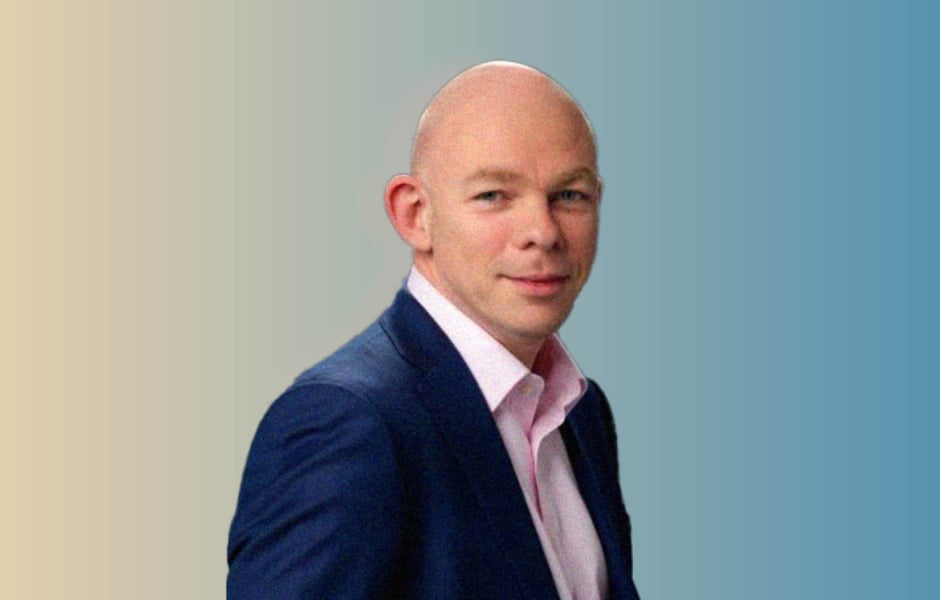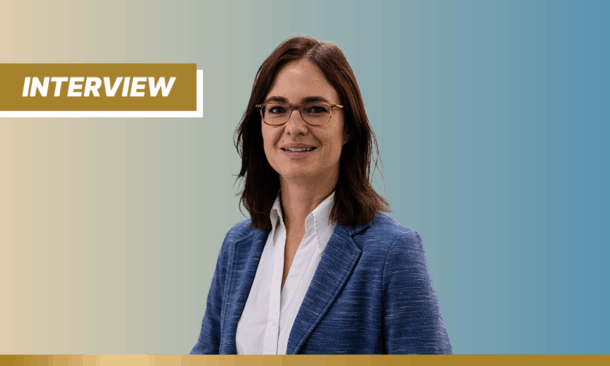Graham Clark, CEO, Phastar, explores the current state of play in clinical research, the future of AI in the field and how to build a values-driven company
Interview by Jade Williams
What makes clinical research a unique and rewarding field to work in?
Working in a Clinical Research Organisation (CRO) today means operating at the frontline of a rapidly evolving clinical research ecosystem. The macro environment has shifted dramatically – shaped by post-pandemic pressures, economic uncertainty, accelerated innovation and rising demands for speed, diversity and cost-efficiency in clinical trials.
Pharma and biotech sponsors are under immense pressure to deliver more, faster – with fewer resources. R&D budgets are tighter, but expectations for scientific innovation, AI adoption and patient-centricity are higher than ever. This has pushed CROs into a more strategic, consultative role – not just as service providers, but as partners in solving complex challenges.
What makes this space truly unique is how CROs must constantly adapt to global forces: changing regulatory frameworks, the rise of decentralised trials, digital health integration, workforce globalisation and the shift toward real-world evidence.
It’s a rewarding space because you’re not only influencing how trials are run but also shaping the future of drug development. The pace is intense, but for those who thrive on challenge, complexity and impact, the CRO world offers a front-row seat to transformation – and a chance to help lead it.
What’s a big challenge you’re navigating in clinical research right now?
The biggest challenge we face is balancing the need for speed and innovation with the imperative for quality, compliance and patient safety. With growing pressure to accelerate drug development timelines, particularly in high-demand therapeutic areas, sponsors and CROs face increasing complexity in trial design, data management and regulatory oversight. Fragmented systems, manual processes and patient recruitment hurdles can all delay progress and drive-up costs.
However, within this challenge lies a great opportunity: the transformation of clinical trials. Advances in AI, real-world data, decentralised trial models and adaptive designs are allowing us to run more efficient, responsive and inclusive trials than ever before.
The opportunity is also cultural. By embracing cross-functional collaboration, data-driven decision-making and a truly patient-first mindset, we can evolve the clinical trial process to be not just faster, but smarter and more meaningful. Those who can navigate this shift successfully, integrating innovation with operational excellence, will lead the future of clinical development.
It’s a rewarding space because you’re not only influencing how trials are run but also shaping the future of drug development
Where do you see the biggest opportunity in AI?
As a data-driven organisation, we’re constantly expected to lead with innovation and thought leadership. Clients increasingly look to us not just as a service provider, but as a partner that can leverage new tools to unlock efficiencies and insights.
The real challenge lies in balancing speed with quality. AI offers enormous potential – from automating manual processes to enhancing data review, analysis and trial design – but the use case and tools must be thoughtfully selected, validated and integrated.
Internally, we’ve identified multiple use cases where AI has significantly reduced both time and cost, streamlining workflows and improving decision-making. The opportunity is exciting, but it requires ongoing investment, change management and a culture that embraces innovation.
What does a great company culture look like to you?
For me, a great company culture is one where people feel valued, supported and inspired to do their best work – every day. As a people-driven business, we know that engaged and motivated employees lead to happy clients and culture isn’t a “nice to have” – it’s a foundation for long-term success.
We foster a culture of open communication and trust, where we encourage everyone to feel safe to speak up, share ideas and challenge the status quo. When people understand the “why” behind their work and feel heard, it creates space for innovation and continuous improvement.
We also embrace the diverse needs and voices within our global workforce, offering flexibility and actively seeking out different perspectives. This inclusivity not only strengthens teams – it elevates the quality of work and drives strong retention.
Ultimately, we don’t just hire for skill – we hire for passion, cultural alignment and purpose
How does your talent acquisition process reflect your company’s values?
Our talent acquisition process is aligned with our core values: Excellence, collaboration, passion, innovation and integrity. As a specialist CRO focused on biometrics and data science, these values are more than principles – they are the foundation of how we identify, attract and retain top talent in a highly competitive and quality-driven industry.
We recruit individuals who not only have exceptional technical capabilities, but who also demonstrate curiosity and a passion for using data to drive smarter, faster decision-making in clinical development.
Innovation is another critical lens – we actively seek those who challenge the status quo, embrace new technologies and bring fresh perspectives to complex challenges. Our goal is to build a community of forward-thinkers who thrive in an environment of rapid change and scientific advancement.
Ultimately, we don’t just hire for skill – we hire for passion, cultural alignment and purpose.









